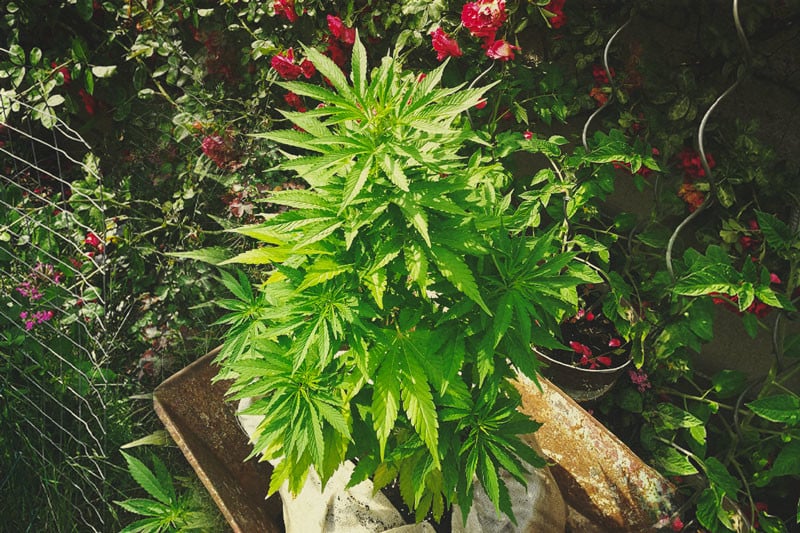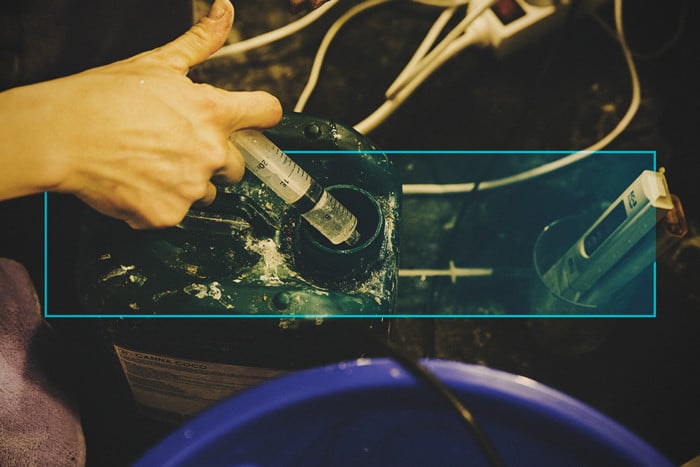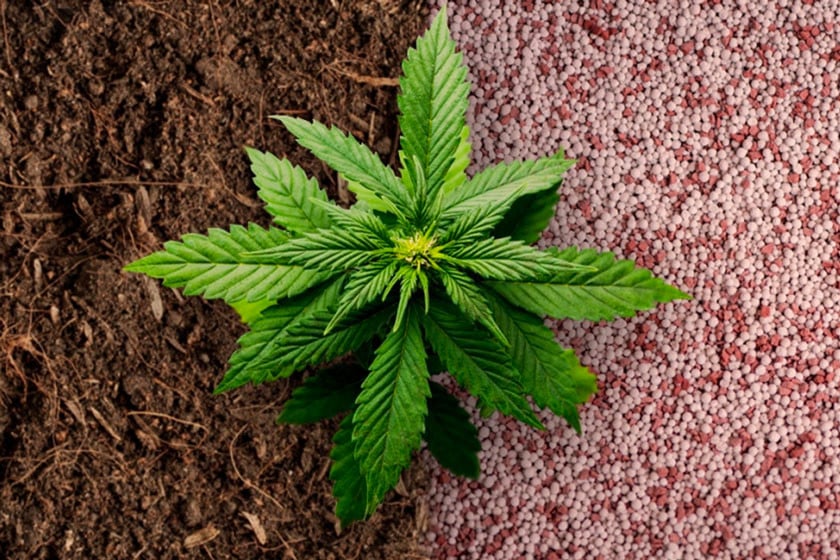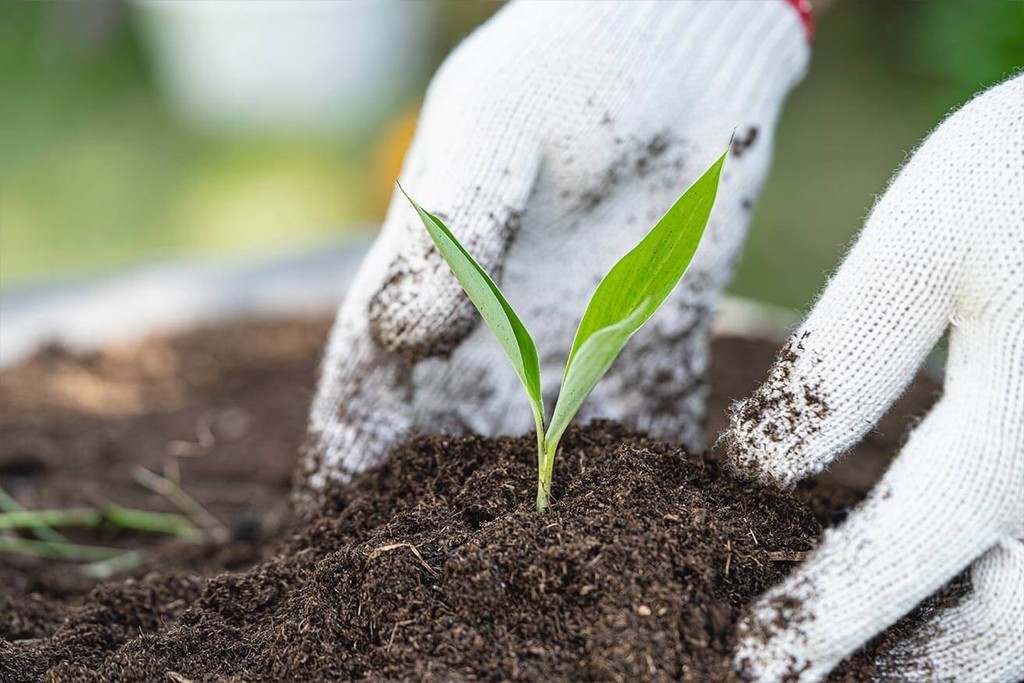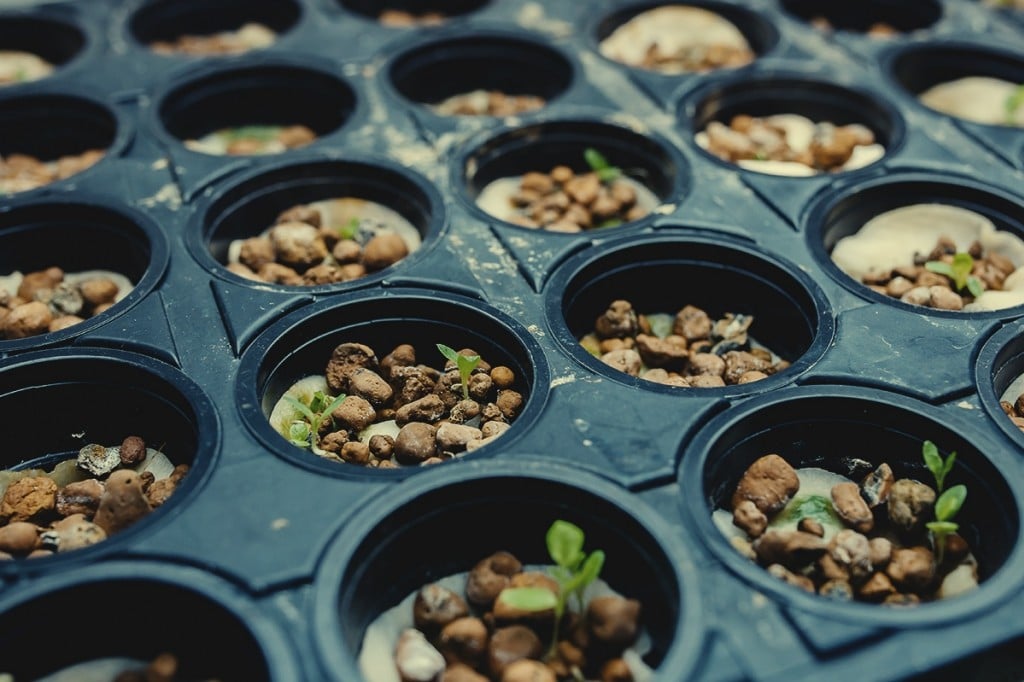.
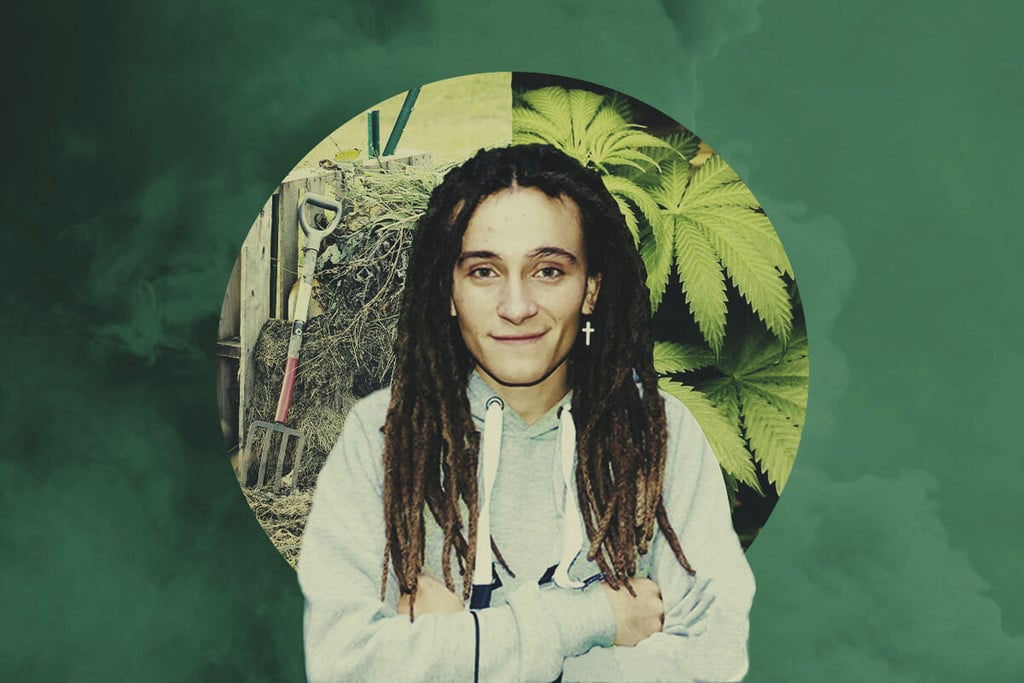
RQS Interviews — Yoidi, a Cannabis YouTuber who grows organically
Hello, my name is Adrián, also known as Yoidi Ganjah Zone. I'm mainly a marijuana lover, and I've been a YouTuber for 3 years. You can find me on social networks like Instagram or Facebook. I also get featured on various websites.
At Royal Queen Seeds, we are constantly on the lookout for the best information and knowledge about cannabis. In our interviews, we talk to figures from all over the cannabis industry. Today, we have the pleasure of speaking with Yoidi Ganjah Zone.
Yoidi tells us all about his experience with organic growing. Being a YouTuber, he uses his channel to provide his audience with marijuana content: from tips on growing to strain reviews.
I live in the Canary Islands (Spain). Here, almost everyone grows for recreational or medicinal purposes. The weather is very good, and we follow the agricultural techniques and permaculture. I've been growing plants in general for as long as I can remember; I've always loved nature and our planet—that's why I only grow organic.
|
PART. 1: PODCAST 🎵 |
|---|
| PART.1: PODCAST 🎵 (Listen to it also in Spotify and Apple Podcast) |
|
PART. 2: In addition to our Podcast Interview with Yoidi. ✍️ |
|---|
| PART.2: In addition to our Podcast Interview with Yoidi. ✍️ We’ve done an exclusive Q&A about Growing cannabis organically to get some advice for our readers. You can find Yoidi's insights below! |
1. Why did you decide to start growing organically?
I started growing organic for the simple reason that the plant is natural and should be treated as such. It also tastes quite different compared to chemical cultivation.
2. Where do you focus most of your attention on the grow?
I focus mainly on all the phases of the growth cycle. But especially soil, water, pH, and EC. If we have poor soil, it will be very bad for the crop because the plant won't grow as it should. The same goes for water, pH, and EC.
If I irrigate water with the wrong pH and EC, a lot can happen, but among many things, it could lead to a blockage where the plant can't get the nutrients in the soil or the nutrients you provide them.
3. What nutrients shouldn't be missing? And how do you create your organic soil and supplements?
Actually, you can never miss anything. But there are some nutrients that are more important than others, like nitrogen during veg, and potassium and phosphorus during bloom. I create them myself with a pot and hot water, almost boiling.
We can use many natural things to turn them into a slow-absorbing or liquid fertiliser. We can even make earthworm castings at home (I add them to my soil). I always use 20% humus, 20% perlite, 30% coconut fibre, and another 30% black peat.
"There are some nutrients that are more important than others, like nitrogen, potassium and phosphorus. I create them myself with a pot and hot water, almost boiling."
4. Is using tap water at odds with organic cultivation?
I always use tap water. I fill a bucket or a container with water and leave it uncovered for 24 hours to remove the chlorine and impurities in it, so to speak. The bottom of that bucket would be the "dirtiest" water, so I avoid watering with that. We can also do the same by boiling water for a few minutes; let it cool and it will be ready to use. But of course, always measure and adjust the pH and EC of the water.
5. How do you control organic growth indoors? What are the key factors?
Organic growth indoors is basically the same as outdoors, but growing under an "artificial sun".
Experience and being able to familiarise yourself with growing indoors, knowing what light we can use, what pots, and what pruning or growing techniques we can use, is key. The latter also varies greatly depending on the variety you have, indica or sativa.
6. How do you fight pests in a natural way?
To fight pests, I use a repellent before they appear. I use a liquid repellent based on garlic, onion, and rosemary.
I also use a nettle-based one, although this isn't really a repellent. Instead, it acts as an insecticide and, on top of that, provides our plants with a lot of nitrogen if we use it as a nutrient solution.
7. Why is it important to learn about the effects of pesticides on inhalation and ingestion of cannabis products?
If we don't control this, it can end badly. It is our health that is at stake. Smoking puts it at stake, so imagine if we don't control all of this more effectively. That would be disastrous. There should be more information about this because, as I said, it's important. That's why I support organic.
8. Where in the plant do pesticides concentrate the most?
I have no trouble with pesticides because they are organic, and I have no problem throwing them out at any stage of the plant's life without worrying about it.
9. Why is it important to learn about the effects of pesticides on inhalation and ingestion of cannabis products?
If we don't control this, it can end badly. It is our health that is at stake. Smoking puts it at stake, so imagine if we don't control all of this more effectively. That would be disastrous. There should be more information about this because, as I said, it's important. That's why I support organic.
10. Where can we find cannabis products that are chemical-free?
Nowadays, if the marijuana edible comes from a trusted company (which for example is known for its quality cannabis products), I personally wouldn't worry about buying something to eat later with friends or when relaxing at home. For example, Zamnesia has quite a few positive reviews on this subject. Even so, in my opinion, it's always better to prepare your own cannabis edibles at home with your own organic crop.
I hope this interview will help people begin to learn about organic cultivation. Anyway, I know that not everyone will agree on the same things, because we all use different ways and we stick to whatever we like best or works best for us.
Thanks a bunch!


























